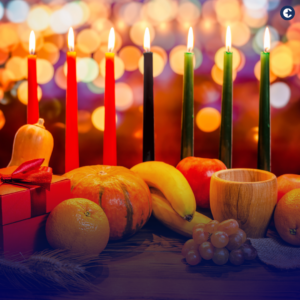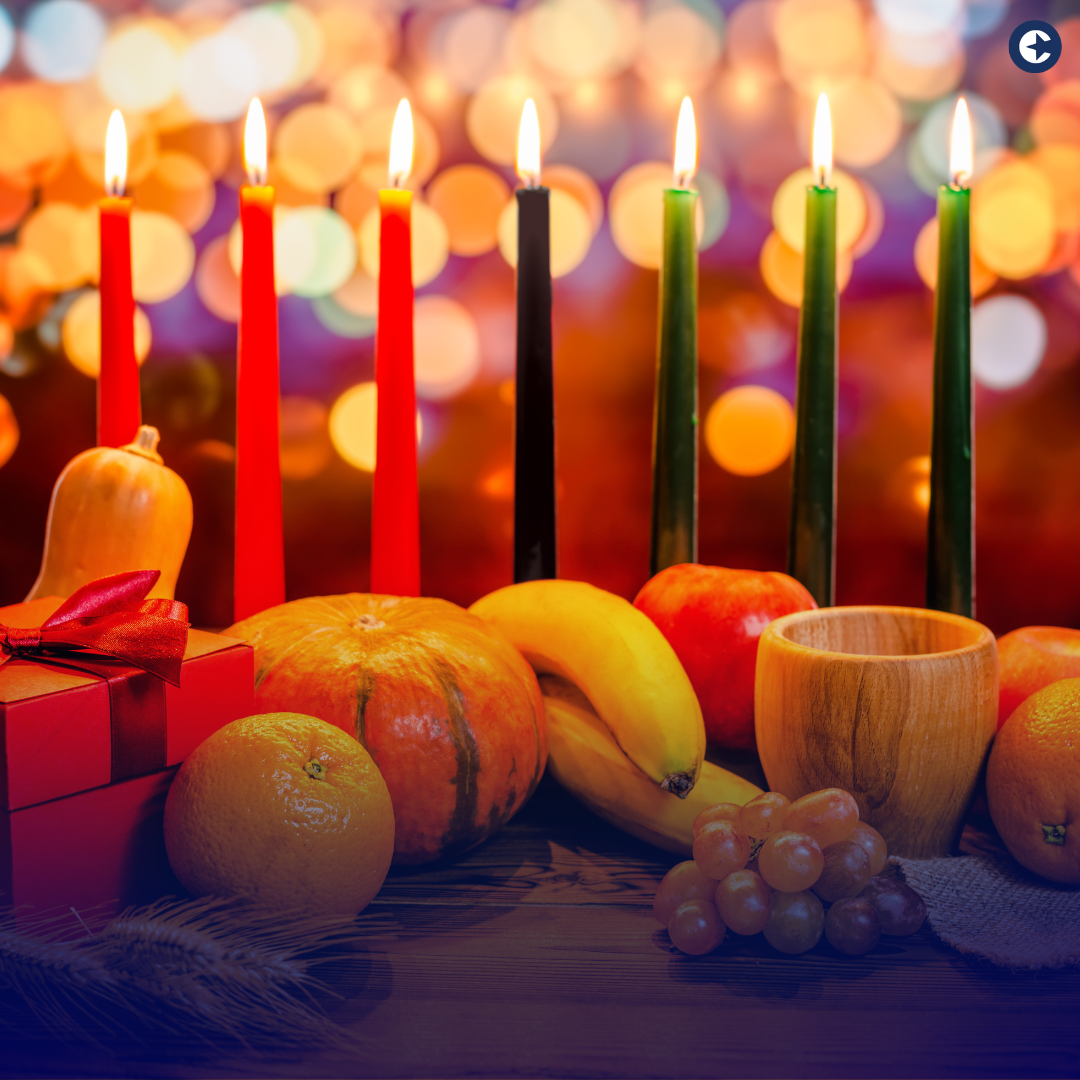Kwanzaa, celebrated from December 26th to January 1st each year, is a festival of African-American culture and heritage. It’s a relatively modern holiday, established in 1966 by Dr. Maulana Karenga, a professor of Africana Studies. Kwanzaa is not just a celebration but an embodiment of a cultural renaissance, aiming to strengthen community bonds and reaffirm African-American identities and values.
The core of Kwanzaa revolves around the Nguzo Saba, or the seven principles. These principles are Umoja (Unity), Kujichagulia (Self-Determination), Ujima (Collective Work and Responsibility), Ujamaa (Cooperative Economics), Nia (Purpose), Kuumba (Creativity), and Imani (Faith). Each day of Kwanzaa is dedicated to one of these principles, allowing for reflection and commitment to these values.

Kwanzaa is marked by activities that emphasize community involvement and cultural pride. Families and communities come together to share meals, exchange gifts, and participate in music, dance, and storytelling. A central feature of the celebration is the Kwanzaa setting, which includes a mat (Mkeka) on which other symbols are placed: a Kinara (candle holder), Mishumaa Saba (seven candles), Mazao (crops), Muhindi (corn), a Kikombe cha Umoja (unity cup), and Zawadi (gifts). Each element symbolizes aspects of African culture and collective life.
In recent years, Kwanzaa has seen a resurgence in popularity, particularly as a means of reaffirming cultural identity in a diverse and ever-changing world. It offers an opportunity not just for African Americans but for all individuals to understand and appreciate the richness of African culture and its impact on American society.

While Kwanzaa is a cultural holiday rather than a religious one, it often intersects with other December holidays, notably Christmas and Hanukkah. This intersection highlights America’s diverse cultural landscape, where multiple traditions can coexist and enrich each other.
As Kwanzaa continues to grow in recognition and celebration, it stands as a beacon of cultural pride, community strength, and a reminder of the enduring spirit and contributions of African Americans to the tapestry of global culture.
For more follow us on Instagram, Facebook, Twitter, & LinkedIn.



